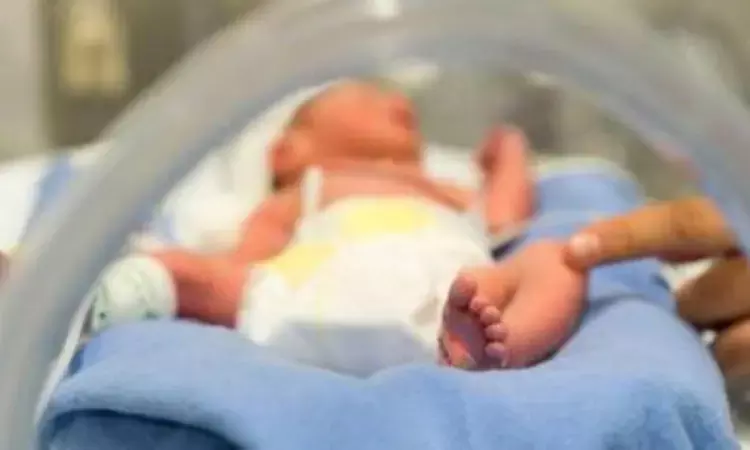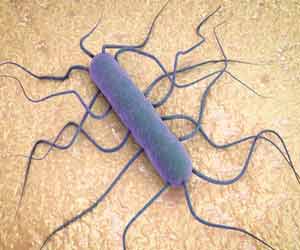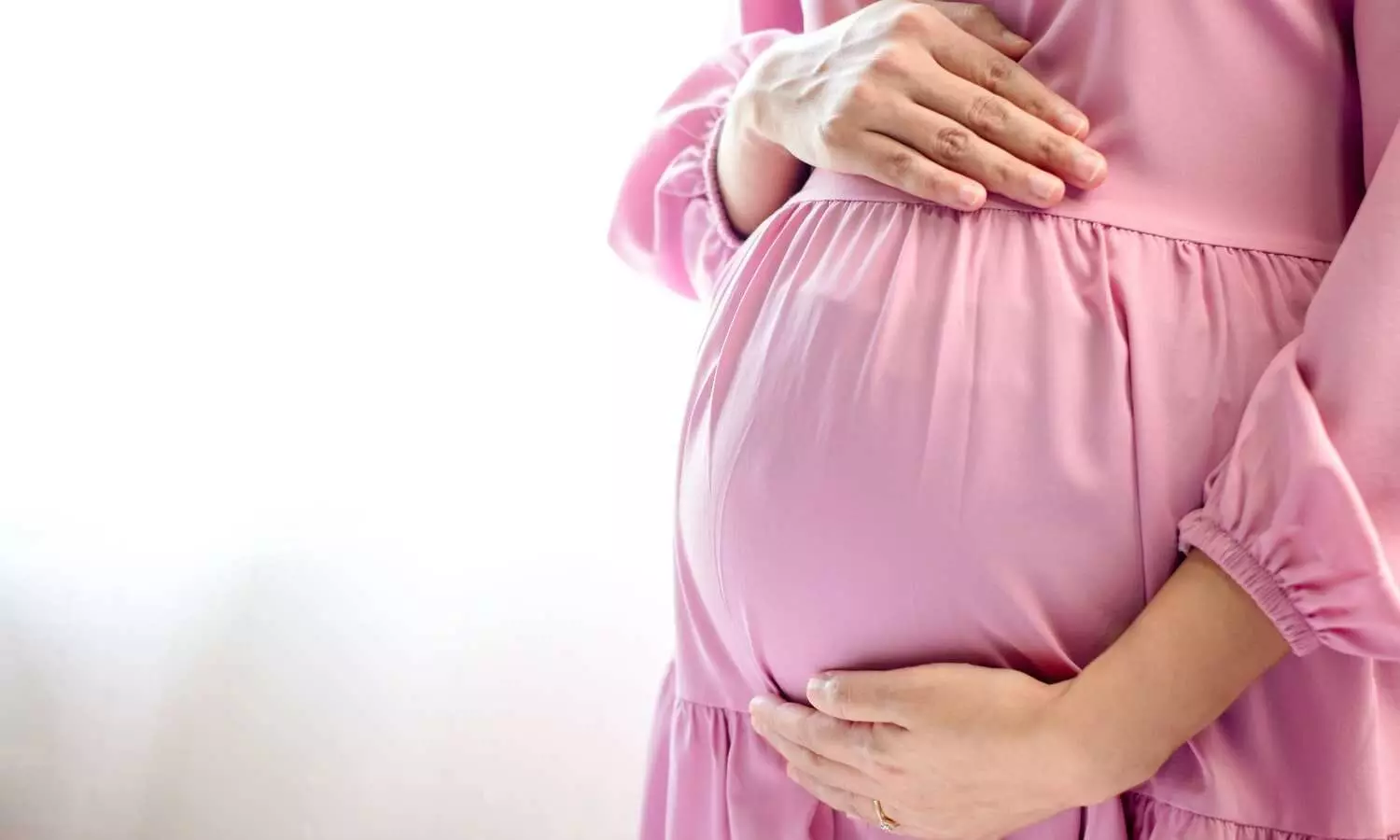- Home
- Medical news & Guidelines
- Anesthesiology
- Cardiology and CTVS
- Critical Care
- Dentistry
- Dermatology
- Diabetes and Endocrinology
- ENT
- Gastroenterology
- Medicine
- Nephrology
- Neurology
- Obstretics-Gynaecology
- Oncology
- Ophthalmology
- Orthopaedics
- Pediatrics-Neonatology
- Psychiatry
- Pulmonology
- Radiology
- Surgery
- Urology
- Laboratory Medicine
- Diet
- Nursing
- Paramedical
- Physiotherapy
- Health news
- Fact Check
- Bone Health Fact Check
- Brain Health Fact Check
- Cancer Related Fact Check
- Child Care Fact Check
- Dental and oral health fact check
- Diabetes and metabolic health fact check
- Diet and Nutrition Fact Check
- Eye and ENT Care Fact Check
- Fitness fact check
- Gut health fact check
- Heart health fact check
- Kidney health fact check
- Medical education fact check
- Men's health fact check
- Respiratory fact check
- Skin and hair care fact check
- Vaccine and Immunization fact check
- Women's health fact check
- AYUSH
- State News
- Andaman and Nicobar Islands
- Andhra Pradesh
- Arunachal Pradesh
- Assam
- Bihar
- Chandigarh
- Chattisgarh
- Dadra and Nagar Haveli
- Daman and Diu
- Delhi
- Goa
- Gujarat
- Haryana
- Himachal Pradesh
- Jammu & Kashmir
- Jharkhand
- Karnataka
- Kerala
- Ladakh
- Lakshadweep
- Madhya Pradesh
- Maharashtra
- Manipur
- Meghalaya
- Mizoram
- Nagaland
- Odisha
- Puducherry
- Punjab
- Rajasthan
- Sikkim
- Tamil Nadu
- Telangana
- Tripura
- Uttar Pradesh
- Uttrakhand
- West Bengal
- Medical Education
- Industry
Neonatal Listeriosis linked to prematurity and adverse neurological outcomes in children

In a groundbreaking study, researchers have delved into the long-term consequences of neonatal listeriosis, a rare yet serious infection that poses a potential threat to maternal and infant health. The study within the French MONALISA cohort provides crucial insights into the neurological and neurodevelopmental outcomes of children who survived this challenging condition. The study underscores the persistent burden of disability among children born with neonatal listeriosis, with prematurity playing a dominant role in long-term outcomes.
The study results were published in The Lancet - Child & Adolescent Health journal.
Maternal–neonatal listeriosis, a rare yet serious infection, has prompted a rigorous investigation into the long-term neurological and neurodevelopmental outcomes of surviving infants. It is a rare and severe food infection, that can cause maternal fever, premature delivery, fetal loss, and neonatal systemic and central nervous system infections. Hence, researchers conducted a prospective, matched, observational cohort study within the French MONALISA cohort, to shed light on the lasting impact of neonatal listeriosis on children.
The comprehensive study involved a cohort of 59 surviving infants, all eligible for participation. These children, born with microbiologically confirmed maternal–neonatal listeriosis, underwent meticulous assessments at the age of 5. The evaluations covered a spectrum of parameters, including sensory deficits, executive function, adaptive behavior, and cognitive and motor coordination function. The findings were then meticulously compared with gestational age-matched children from two prominent national prospective cohorts: EPIPAGE-2 (for preterm infants) and ELFE (for term infants from a general population of infants >32 weeks gestation).
Assessments included the French version of the Wechsler Preschool and Primary Scale of Intelligence, fourth edition, and physical examinations to screen for cerebral palsy and developmental coordination disorder. The findings were compared with gestational age-matched children from two national prospective cohorts: EPIPAGE-2 (preterm infants) and ELFE (term infants from a general population of infants >32 weeks gestation).
Findings:
- Of the 59 eligible children, 53 (median age 5 years) participated in the study between October 26, 2016, and October 29, 2019.
- Notably, 58% were born preterm, and various categories of neonatal listeriosis were represented, including early-onset systemic and non-systemic infection, as well as late-onset systemic infection with meningitis.
- Among the 44 children with available neurodevelopmental disabilities scores, 66% developed at least one disability, and 18% exhibited severe neurodevelopmental disabilities.
- Children with late-onset infection also experienced neurodevelopmental disabilities.
- The neurological and neurodevelopmental outcomes of children with neonatal listeriosis did not differ significantly from gestational age-matched control children without infection.
- The relative risk (RR) of at least one disability was 0.99 (95% CI 0.65–1.51; p=0.97), and the RR of Full Scale Intelligence Quotient (FSIQ) less than –1 standard deviation was 0.92 (0.54–1.54; p=0.74).
These groundbreaking findings underscore the persistent burden of disability among children born with neonatal listeriosis. With prematurity emerging as a dominant factor in long-term outcomes, the study advocates for the implementation of systematic, long-term screening and the provision of tailored education and special needs support. The insights gained from this comprehensive investigation are poised to shape future approaches to the care and support of individuals impacted by neonatal listeriosis, offering hope for improved outcomes and enhanced quality of life.
Further reading: Long-term neurological and neurodevelopmental outcome of neonatal listeriosis in France: a prospective, matched, observational cohort study. https://doi.org/10.1016/S2352-4642(23)00195-5
BDS, MDS
Dr.Niharika Harsha B (BDS,MDS) completed her BDS from Govt Dental College, Hyderabad and MDS from Dr.NTR University of health sciences(Now Kaloji Rao University). She has 4 years of private dental practice and worked for 2 years as Consultant Oral Radiologist at a Dental Imaging Centre in Hyderabad. She worked as Research Assistant and scientific writer in the development of Oral Anti cancer screening device with her seniors. She has a deep intriguing wish in writing highly engaging, captivating and informative medical content for a wider audience. She can be contacted at editorial@medicaldialogues.in.
Dr Kamal Kant Kohli-MBBS, DTCD- a chest specialist with more than 30 years of practice and a flair for writing clinical articles, Dr Kamal Kant Kohli joined Medical Dialogues as a Chief Editor of Medical News. Besides writing articles, as an editor, he proofreads and verifies all the medical content published on Medical Dialogues including those coming from journals, studies,medical conferences,guidelines etc. Email: drkohli@medicaldialogues.in. Contact no. 011-43720751




